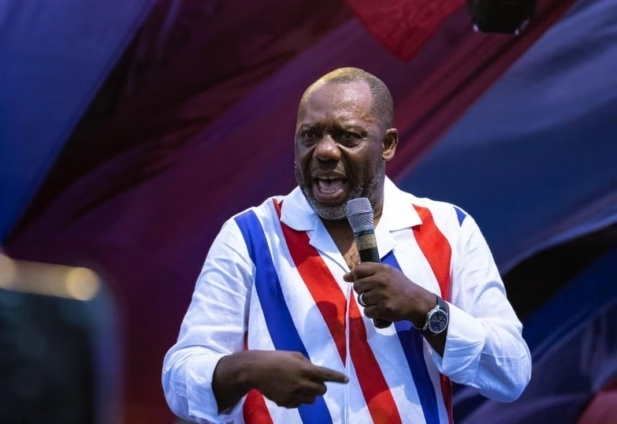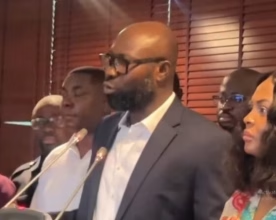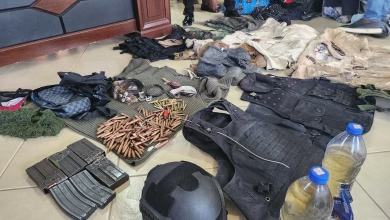Dr. Matthew Opoku Prempeh, the Vice Presidential Candidate for the New Patriotic Party (NPP), has called on nursing students to rally behind the party in the forthcoming elections, emphasizing that their votes are crucial for the continuation of key initiatives such as Agenda 111, the NPP’s nationwide hospital project.
Addressing students at the Pantang Nursing and Midwifery Training College in Accra, Dr. Prempeh underscored the pivotal role their decisions play in shaping the future of healthcare infrastructure in Ghana.
The NPP candidate also urged the students to work against the return of former President John Dramani Mahama, citing the previous administration’s inadequate management of nursing trainee issues. He pointed out that Mahama’s tenure had created significant challenges for trainee nurses, particularly through the cancellation of their allowances, which he claimed caused financial strain for many.
Dr. Prempeh highlighted the NPP’s decision to restore these allowances as evidence of the party’s dedication to the welfare of nursing students. He contrasted the current administration’s supportive policies with those of the NDC, arguing that the NPP has consistently prioritized the needs of nursing trainees by aiming to alleviate their financial burdens—an aspect he believes the opposition lacks in its agenda.
Concluding his remarks, Dr. Prempeh framed the upcoming election as a decisive moment between the NPP’s stability-focused policies and the uncertainty he associates with Mahama’s leadership. He implored the students to cast their votes for the NPP to ensure the continuation of beneficial policies that support healthcare students and future professionals nationwide.
“Like their colleagues at Korle Bu, they recognise the risk in returning to the leadership of a man who once cancelled their allowances and vowed not to restore them, even if it cost him the presidency,” he stated.
“The 2024 elections, they believe, are about securing Ghana’s future. That is why they will place their trust in Dr. Bawumia, who will, after four years, return to account for his actions and decisions.
“In contrast, they fear a leader who will serve only four years and be free from accountability, could once again cut their allowances and impose harsher policies,” he added.




